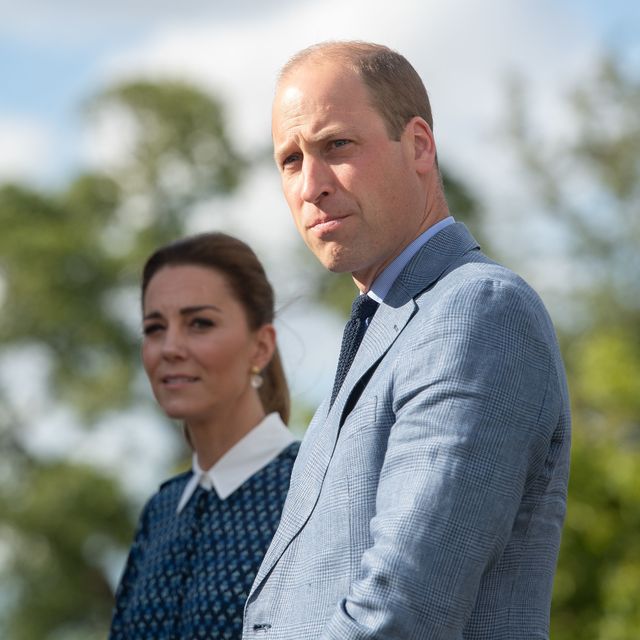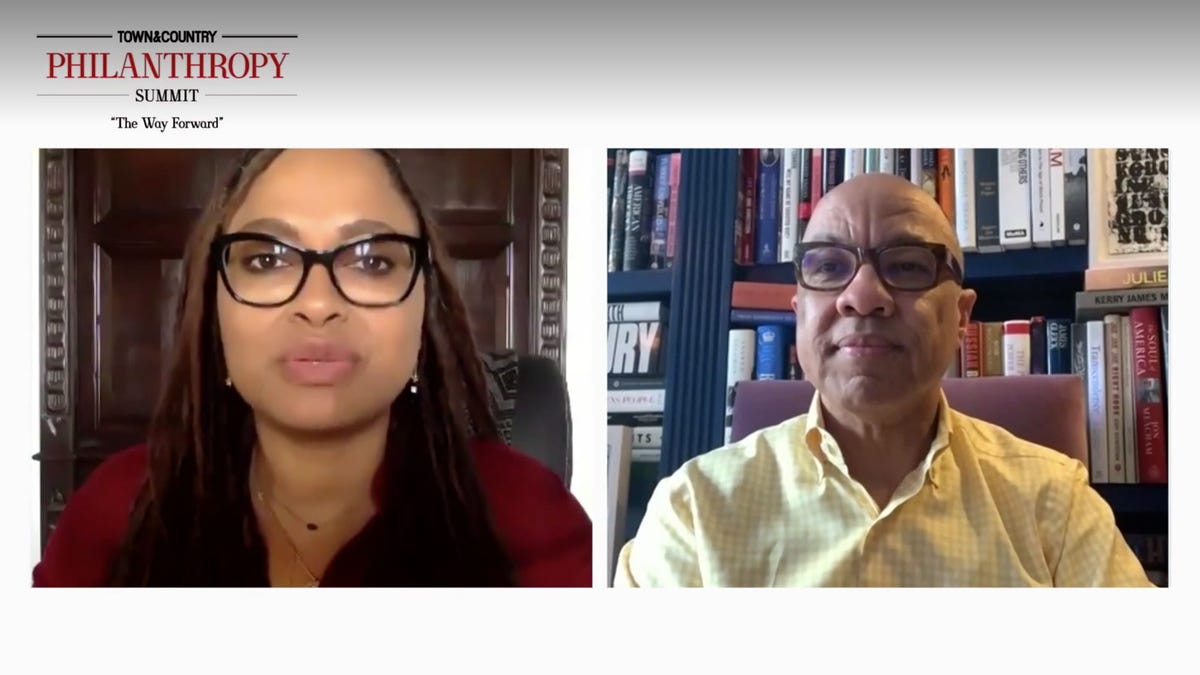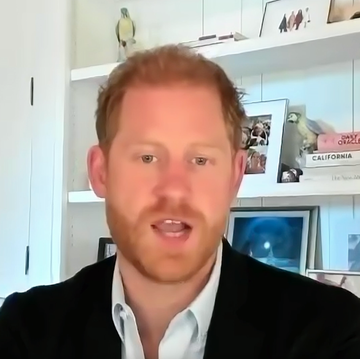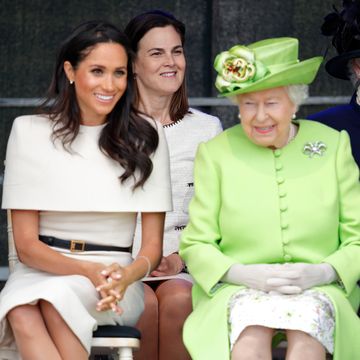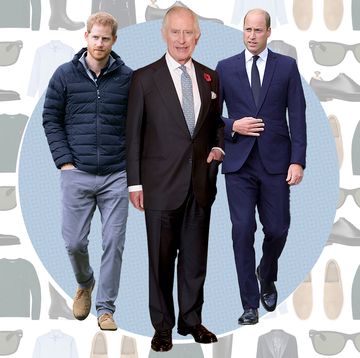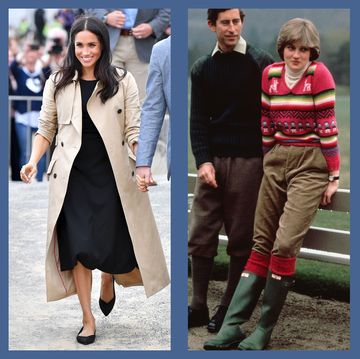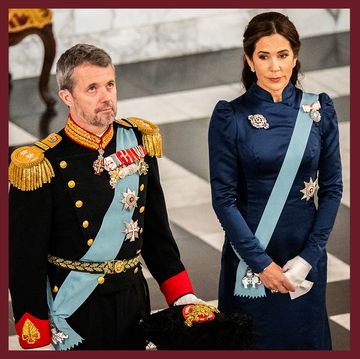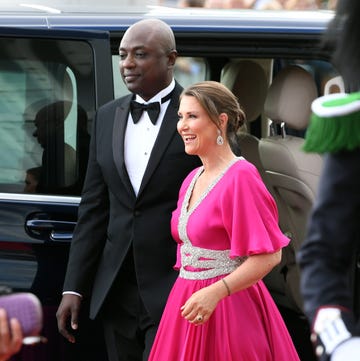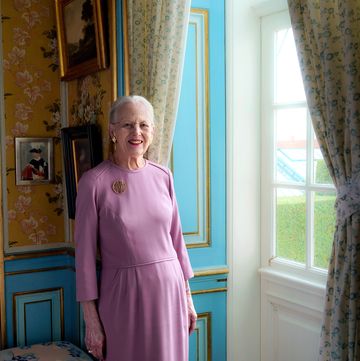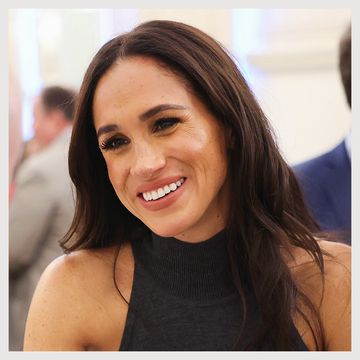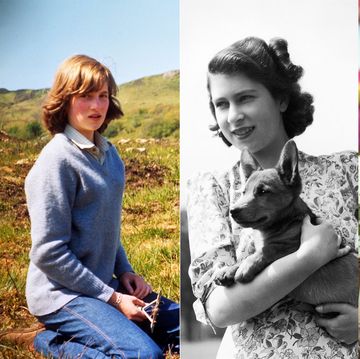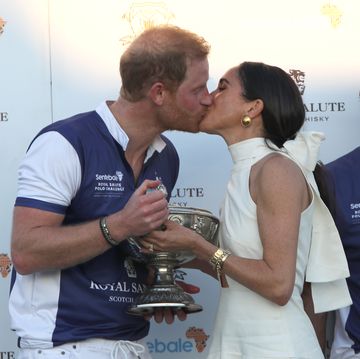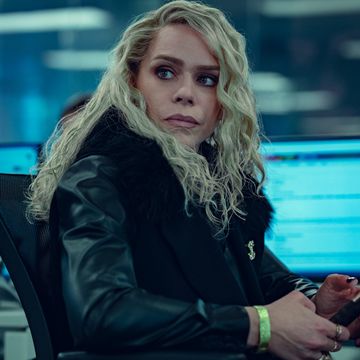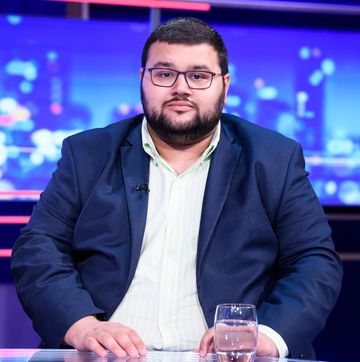Last night in the UK, the first part of a BBC documentary about Princes William and Harry’s relationship with the press aired after much build-up and speculation about its content. Featuring contributions from multiple royal journalists and commentators, the program ended with a statement from Buckingham Palace, Clarence House, and Kensington Palace saying it is “disappointing” when credibility is given to “overblown and unfounded claims from unnamed sources.”
The rare joint statement, which was shown on screen following the hour-long documentary, read: "A free, responsible and open press is of vital importance to a healthy democracy. However, too often it is overblown and unfounded claims from unnamed sources that are presented as facts and it is disappointing when anyone, including the BBC, gives them credibility."
It is not clear from the statement exactly what “claims” the Palaces are referring to and it is understood that they did not see the documentary before it aired. However, it has been reported that Palace sources are keen to shut down any suggestions that aides working for Prince William briefed the media against Prince Harry.
The BBC documentary presented what they described as “the deal” between media and monarchy, with presenter Amol Rajan saying about William and Harry, “They would become part of this unspoken understanding that exists between the monarchy and the media.” He added, “The Windsor deal is the royals get to live in a palace and get some taxpayer funding, in return, as long as they grant access and a steady supply of stories and pictures, they get favorable coverage. And that helps them to renew their emotional contract with the people.”
The program also explored where royal stories came from and how the narrative around Harry and Meghan’s rift with the royal family became public. Journalist and author of biography Finding Freedom, Omid Scobie, told the program about Meghan: “There were some people who just feel that she needed to be put in her place. And so I think by leaking a negative story, that’s the punishment.” He also said: “There’s been rumors for quite some time that a lot of the most damaging and negative stories about Harry and Meghan that have ended up in the pages of the press have come from other royal households or from other royal aides or courtiers. And from my own reporting and research that is exactly true.”
Author Anna Pasternak, who wrote Princess in Love about Diana’s relationship with James Hewitt, also featured in the documentary claiming that people who leak stories anonymously about the royals to the media, “are people who either work or who have left the employ of the Palace...So one of my sources was an ex courtier who had worked at Buckingham Palace who had left and who spoke to me.”
Also making a brief appearance on behalf of Meghan was her lawyer Jenny Afia, who sat down with Amol Rajan to tell him that stories about Meghan’s treatment of staff in 2018 were “false.” “This narrative that no-one could work for the Duchess of Sussex, that she was too difficult and demanding a boss, and that everyone had to leave is just not true," she said.
Private investigator Gavin Burrows also appeared on the program and apologized for targeting Chelsy Davy with surveillance methods from when she started dating Prince Harry in 2004. “I’m very sorry,” he said, “My actions were ruthless.”
The first part of the documentary explored William and Harry’s relationship with the media as young men. The second part of the documentary will be aired next week and is expected to look in more detail at Harry and Meghan’s decision to quit royal life.
Town & Country Contributing Editor Victoria Murphy has reported on the British Royal Family since 2010. She has interviewed Prince Harry and has travelled the world covering several royal tours. She is a frequent contributor to Good Morning America. Victoria authored Town & Country book The Queen: A Life in Pictures, released in 2021.
